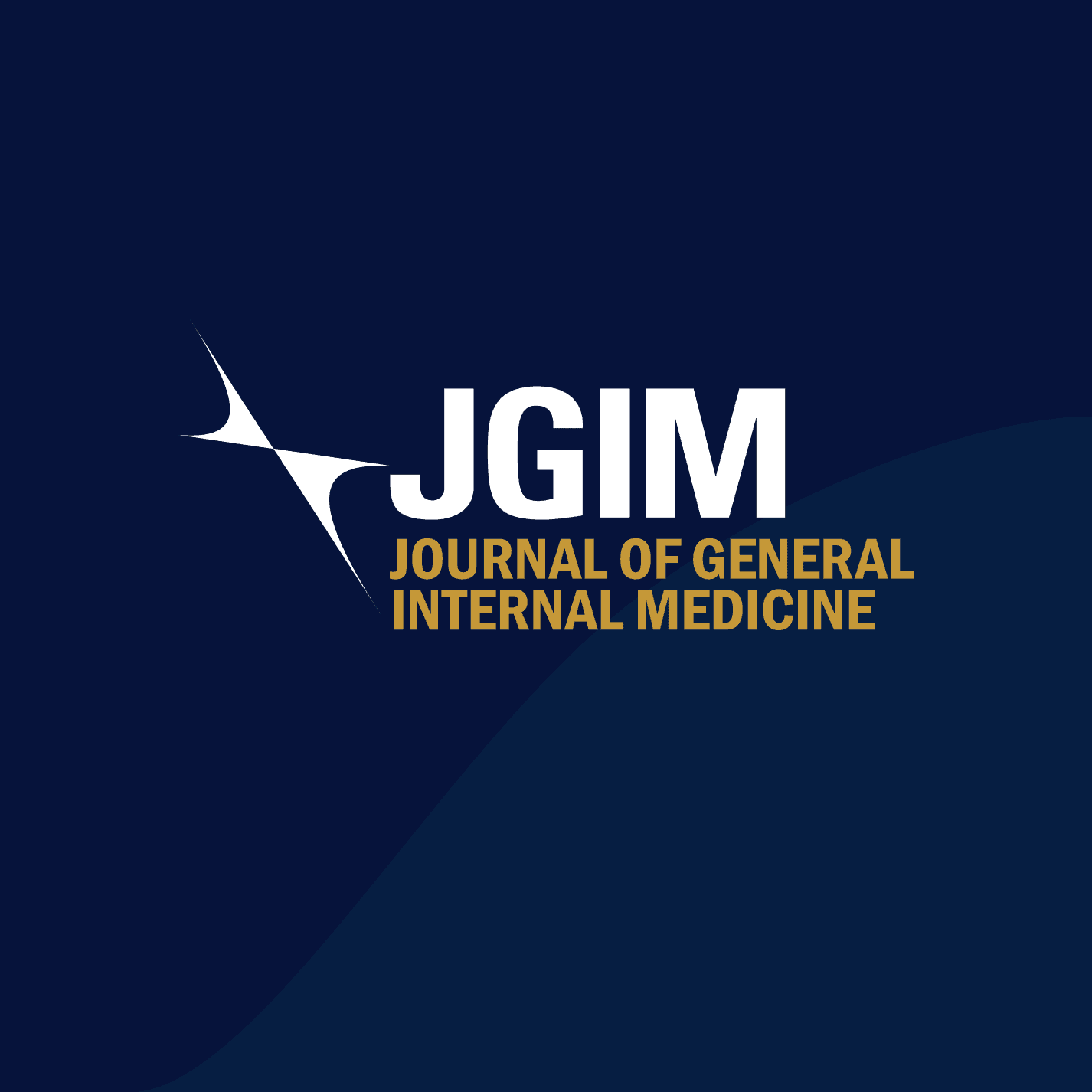Abstract
Background
Previous studies exploring difficult inpatients have mostly focused on psychiatric inpatients.
Objective
To explore the characteristics of difficult medicine inpatients.
Design
Qualitative study using focus groups and semi-structured interviews. Transcripts were recorded, transcribed, and coded (MAXQDA) using thematic content analysis.
Participants
Medicine inpatient providers at a tertiary care facility.
Key Results
Our sample consisted of 28 providers (6 hospitalists, 10 medicine attendings, 6 medicine residents, and 6 interns). Theme 1: Provider experience: Difficult inpatients were time-consuming and evoked emotional responses including frustration and dysphoria. Theme 2: Patient characteristics: Included having personality disorders or mental health issues, being uncooperative, manipulative, angry, demanding, threatening, or distrustful. Difficult patients also had challenging social situations and inadequate support, unrealistic care expectations, were self-destructive, tended to split care-team messages, and had unclear diagnoses. Theme 3: Difficult families: Shared many characteristics of difficult patients including being distrustful, demanding, manipulative, threatening, or angry. Difficult families were barriers to care, disagreed with the treatment plan and each other, did not act in the patient’s best interest, suggested inappropriate treatment, or had unrealistic expectations. Strategies: Approaches to dealing with difficult patients or families included building trust, being calm, and having a consistent message. Communication approaches included naming the emotion, empathetic listening, identifying patient priorities and barriers, and partnering.
Conclusions
Difficult patients induced emotional responses, dysphoria, and self-doubt among providers. Underlying personality disorders were often mentioned. Difficult patients and families shared many characteristics. Communication and training were highlighted as key strategies.
Topic
JGIM
Author Descriptions
Clement J Zablocki VAMC, Milwaukee, WI, USA
Jeffrey L. Jackson MD, MPH & Kathlyn E. Fletcher MD, MA
Franciscan University, Steubenville, OH, USA
Mary G. Murphy BS
Department of Medicine, Medical College of Wisconsin, Milwaukee, WI, USA
Jeffrey L. Jackson MD, MPH & Kathlyn E. Fletcher MD, MA
Share
Related Articles
Bias Sensitivity in Diagnostic Decision-Making: Comparing ChatGPT with Residents
Abstract Background Diagnostic errors, often due to biases in clinical reasoning, significantly…
Pulmonary and Cardiac Smoking-Related History Improves Abstinence Rates in an Urban, Socioeconomically Disadvantaged Patient Population
Abstract Background Tobacco use continues to take the lives of many, and…


